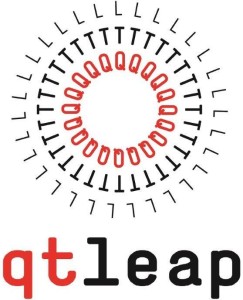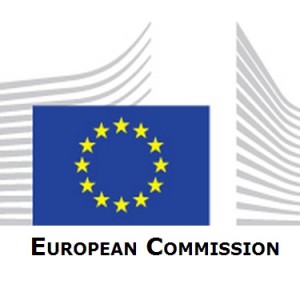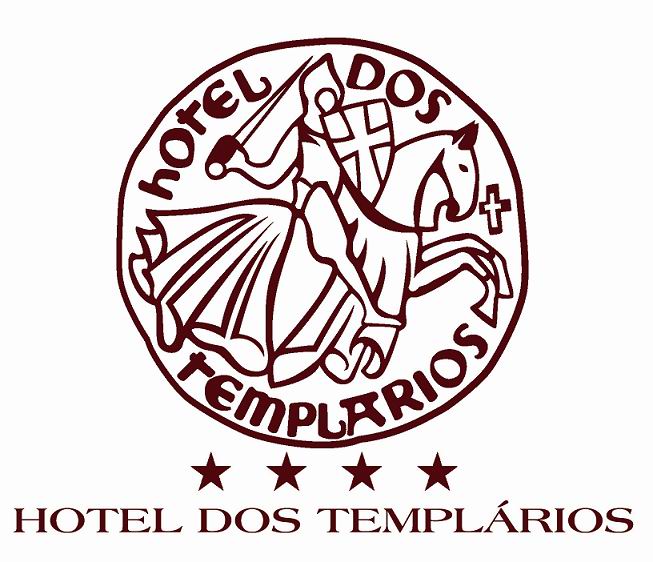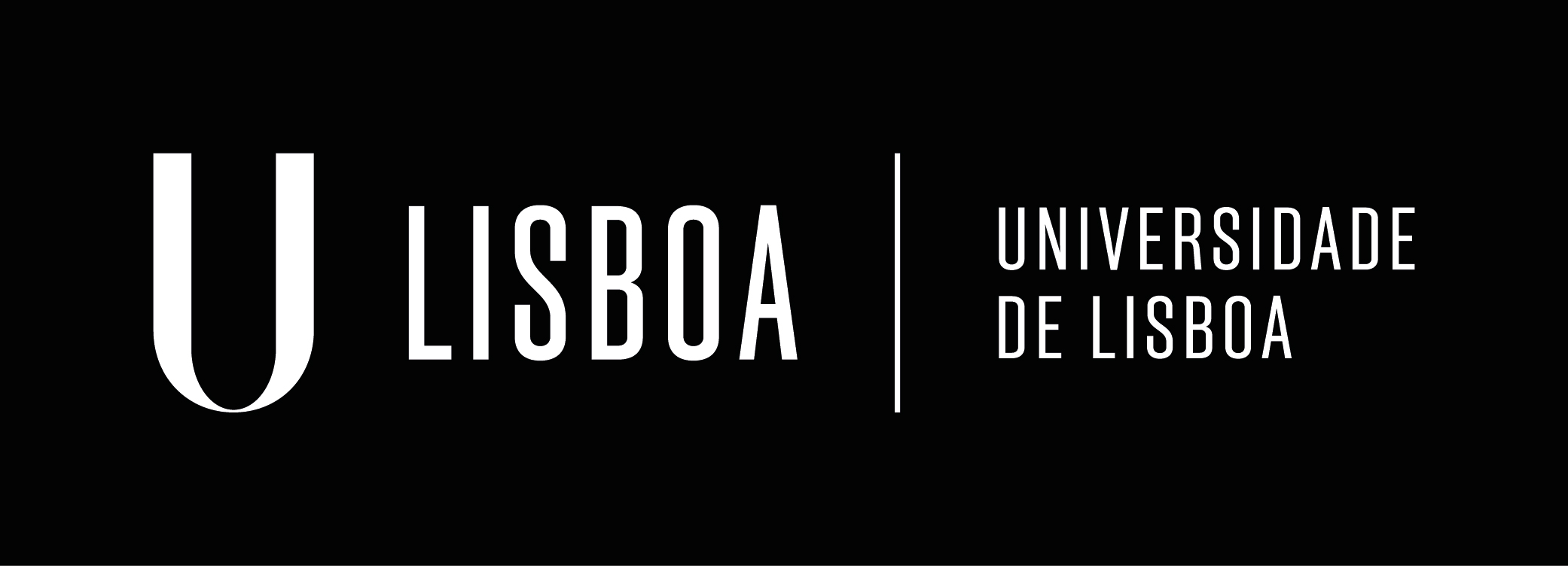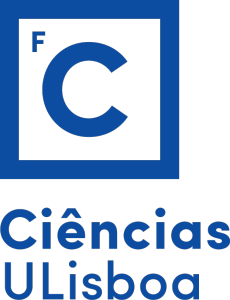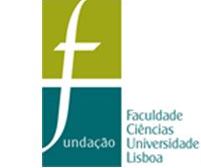PROPOR 2016 Demonstration Session
13-15 July 2016
Tomar, Portugal
Proceedings with Demos papers.
Accepted Demos:
- A Computational Tool for Automated Language Production Analysis Aimed at Dementia Diagnosis – Sandra Aluísio, Andre Cunha, Cintia Toledo and Carolina Scarton
- Annotating Portuguese Corpora with Word Senses Using LX-SenseAnnotator – Steven Neale and António Branco
- CORP: Coreference Resolution for Portuguese – Evandro Fonseca, Renata Vieira and Aline Vanin
- Hookit: natural language processing in a semantic based platform for social commerce – Sandro José Rigo, Vinicius Dambros Andrade and Denis Andrei Araújo
- LetsRead – Tool to Automatically Evaluating Children’s Reading Aloud Performance – Jorge Proença, Dirce Celorico, Carla Lopes, Sara Candeias and Fernando Perdigão
- NILC-WISE: An Easy-to-use Web Interface for Summary Evaluation with the ROUGE Metric – Fernando Antônio Asevedo Nóbrega and Thiago Alexandre Salgueiro Pardo
- OpenWordnet-PT – Fabricio Chalub, Livy Real, Valeria de Paiva and Alexandre Rademaker
- Poe, now you can TryMe: Interacting with a Poetry Generation System – Hugo Gonçalo Oliveira
- Syntax Deep Explorer – José Correia, Jorge Baptista and Nuno Mamede
- VITHEA-Kids: Improving the Linguistic Skills of Children with Autism Spectrum Disorder – Vânia Mendonça, Clá́udia Filipe, Luísa Coheur and Alberto Sardinha
- XCrimes: Information Extractor for the Public Safety and National Defense Areas – Daniel Sullivan, Vladia Pinheiro, Rafael Pontes and Vasco Furtado
Demonstration Session:
The PROPOR’2016 Demonstration Program Committee invites submissions for Demonstrations. Following the spirit of the Demos Session of PROPOR’2010, 2012 and 2014, the demonstration track aims at bringing together Academia and Industry and creating a forum where more than written or spoken descriptions of research are available. Thus, demos should allow attendees to try and test them during their presentation in a dedicated session adopting a more informal setting. Products, systems or tools are examples of acceptable demos. Both early-research prototypes and mature systems may also be considered.
The areas of interest include all topics related to theoretical and applied issues of written and spoken Portuguese, such as, but not limited to (the same topics as for the conference paper submission):
Human speech production, perception and communication (Human speech production; Human speech and sound perception; Physiology and pathology of spoken language; Paralinguistic and nonlinguistic cues (e.g. emotion and expression))
Linguistic Description and Theories (Phonology and phonetics, prosody (e.g., production, perception, modeling), Syntactic, semantic and anaphoric phenomena.)
Natural Language Processing Tasks (Parsing, tagging, chunking and segmentation; Annotation, evaluation, semantic role labeling; Grammar induction, sub categorization acquisition; Sentiment analysis and opinion mining)
Natural Language Processing Applications (Word sense disambiguation; Dialect identification; Machine translation; Information retrieval; Plagiarism detection, Question answering, etc.)
Speech Technologies (Spoken language generation and synthesis; Speech and speaker recognition; Spoken language understanding)
Speech Applications (Spoken language interfaces and dialogue systems; Systems for information retrieval and information extraction; Systems for speech-speech translation; Applications for aged and handicapped people; Applications for learning and education)
Resources, standardization and evaluation (Spoken language resources, annotation and tools; Spoken language evaluation and standardization; NLP resources, annotation and tools; NLP evaluation and standardization)
Language and Speech processing in academic disciplines (Speech and Hearing sciences, Health, Biology Linguistics, Psychology, Education)
The systems may be of the following kinds:
- Natural Language Processing systems or system components
- Application systems using language technology components
- Software tools for computational linguistics research
- Software for demonstration or evaluation
- Development tools
Important dates:
* April 15, 2016 April 30, 2016: Demos submission
*
May 13, 2016 May 25,2016: Notification of acceptance or rejection
* May 27, 2016 June 20,2016: Camera-ready description document due
* July 13-15, 2016: Conference
Submissions:
Submissions should consist of a non-anonymous brief description document of up to three (3) pages of content, including references. Developers must outline the main characteristics of their system/product/tool, provide sufficient details to allow its evaluation and give information on how they plan to demonstrate it. Developers are encouraged to focus their description on the relevance of the computational processing component of Portuguese language in the proposed system.
Documents should be written in English, following the LNAI format and sent by e-mail in PDF to vladiacelia at unifor dot br (vladiacelia@unifor.br)
Please include the words “PROPOR 2016 – Demo submission” in the e-mail title.
Accepted demos and the accompanying description document will be published in the conference website.
Presentation Format:
Accepted demos will be presented on table tops at a designated demo session with an optional accompanying poster. Developers should make sure they could run their demos properly. Thus, it is the authors’ responsibility to provide the necessary technical conditions (equipments) for the demo at the conference. Note that the local organizers will not provide any hardware or software. Free high-speed Internet access will be available.
There will be a Best Demo Award to the best-presented demo.
Further details on the date and time of the demonstration session(s) will be determined and provided at a later date.
Demos chairs:
- Vládia Pinheiro (UNIFOR, Brazil)
- Hugo Gonçalo Oliveira (CISUC, Universidade de Coimbra, Portugal)
